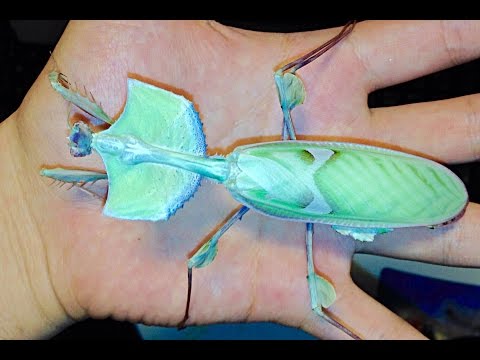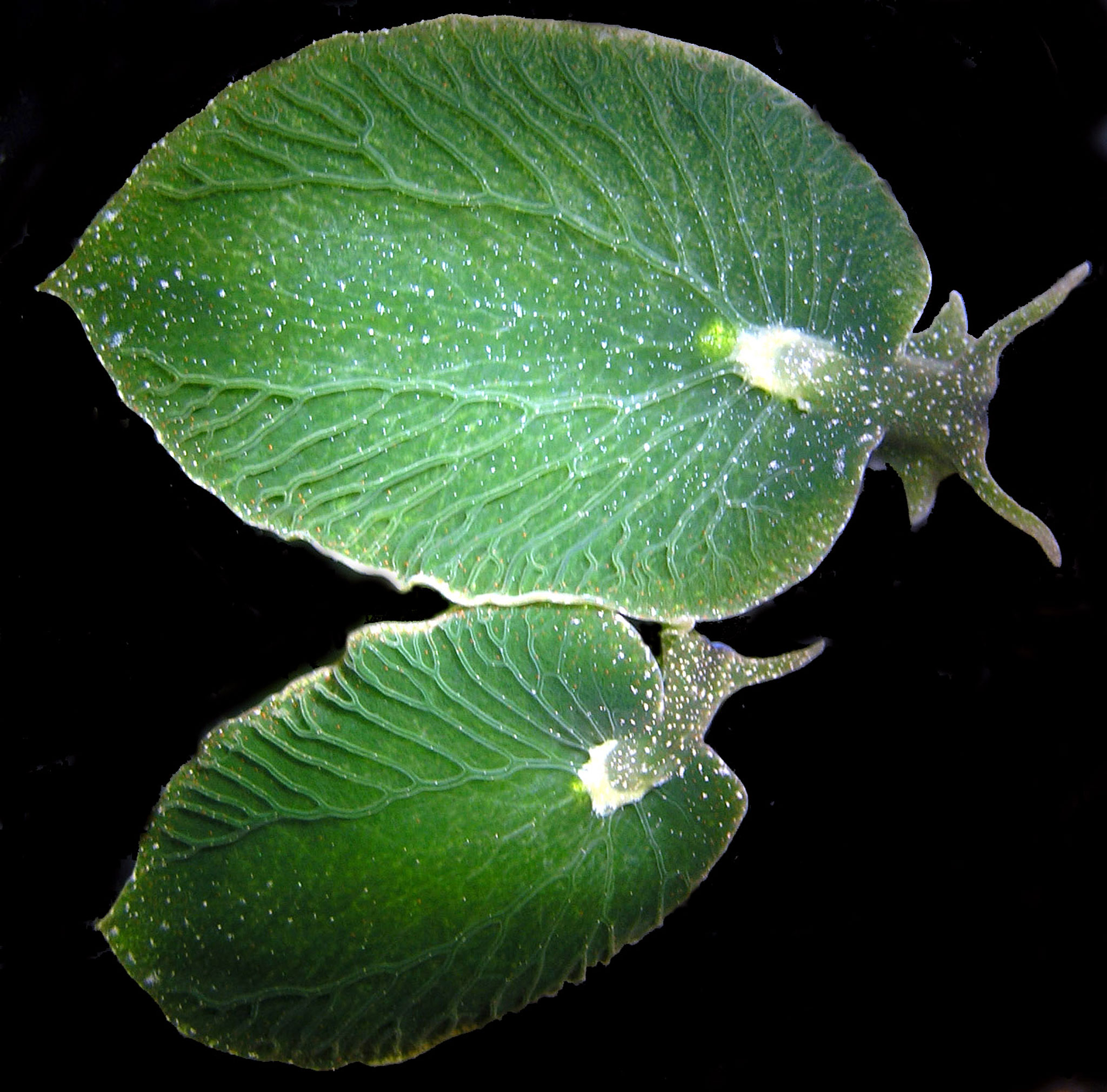Humanness as an Earth-bound definition

Is there any "Making Kin"1 in the galactic ether? / What is humanness?
Will the moon someday be green in color as it hangs in the sky due to human algea farming? Is a rock or land mass ever truly “privately owned” by humans when so many other species need to share it?2 Has Life ever truly lived without interdepencies on other Life?
It is August 6th, 2019 and we have exited the month of July 2019. This is both the month that memorializes the 50th anniversary of humans walking on the Moon, and has been the hottest month ever recorded on planet Earth. 3
Whether in the form of people with flags moving across the lunar landscape, or a network of technological infrastructure exchanging data across this novel terrain and sending it back,4 the project of space exploration continues to raise profound questions about humanness, the meaning of being a technological civilization in the web of life, and our relationship with other species and raw materials that sustain it.
Arguably since the beginning of agricultural practices we have sculpted natural systems through process-based interactions. But this has somehow become a deeper alienation, a kind of secession of humanness from “other” natural systems, in justification of their subjugation to extraction.
Today, so much of the objects and construction which humans have designed serve to embroider us into a fallacy about the conditions of life, and convince us that we are independent of greater planetary living systems. This seems nowhere more evident than in the fact that so many are investing in interplanetary economies instead of turning the focus on ways we can improve or drastically change our resource consumptive habits on earth, or other ways we could be focusing on the challenges of ecocrisis (ecology and economy). Yes the science of space exploration is deeply important for understanding life on earth, but much of this tech driven economic “territory” of space exploration isn’t science anymore, I would argue, it’s a financial growth expectation.5
We often improve our systems on earth after facing challenges in outer space. So if we did learn from the moon endeavor about collective effort, we need that knowledge now more than ever before to think about collective action around our potential collective extinction, and there’s no reason why technologies don’t count in working toward this aim.
If-if - our engineering and science does eventually provide us with the means to sustain ourselves and other life on another planet, an endeavor which some suggest is an inevitable outcome of “human curiosity” or even “evolutionary predestiny”, the most interesting aspect to me, is that we will likely speciate away from the human-ness we are familiar with as Earth life. In other words, we ourselves in future space bound generations would become the aliens which our curiosities so crave.

My argument that speciation would occur comes out of several different thoughts that uncover other paradigms at work in technology: First of all, and perhaps most fundamental, is that with the current state of technology, we will not be able to “artificially” create the conditions which have created us, this could be called something like the fallacy of simulation or replication. The fantasy that we have the power to replicate complex ecosystems, a kind of tech-utopianism. No matter how many scientific band-aids are administered: artificial gravity via centrifuges, terraformation, an artificial atmosphere, artificial soil system and “sustainable” green-house infrastructures. Our current state of technology cannot restart evolutionary processes from square one-at least not in its current paradigm of technologies that operate outside of interdependent ecological emergence, where rare-earth-metal conglomerates come to together for electron control. We would need to work with living systems holistically if we were to have a technology to sustain us off of earth, just as much as we need to this right now on earth. In fact, if we cannot figure out a way to adjust our resource-extractive and damaging economies to balance out declining biodiversity and benefit other species, then there is no evidence that this could be done elsewhere. Technology industries are obsessed with the future for the determination of what will be valuable-- climate scientists are telling us exactly what the future will be like. Wouldn’t this be the “gold mine” for technology? To address how it will help mitigate catastrophic weather systems, how will be able to rebuild forests and coastal ecologies, how it will create interfaces that birds displaced by development can live off of successfully? Life on earth is the result of the atmosphere on earth which is the result of evolution, it is the result of thousands of microorganisms, and billions of years. Everything we eat is also the result of evolution, the evolution of plants. We have never survived off of our engineering, and we can’t engineer our way out without the help and reverence of other species.

Is this evolutionary unfolding, this one in which we have found ourselves becoming symbol-centric mammals, simulatable? Even if it is, logically there are enough hidden variables in our current condition in the galaxy (earth’s magnetosphere, radiation belts, interstellar composition of our surrounding substrate) enough unknowns, that an attempt to reform evolutionary processes on another planet would yield different results to say the least.
The condition of our ecology, and the “technicity of evolution” if you will, is that of deep interconnection with other species. That to me is an unsimulatable set of dynamic and complex interaction effects no matter what deep learning cocktails are poured onto it. Even if we can generate artificial gravity* (Which still isn’t sufficient to totally mediate the effects of cosmic space travel on the human organism) even if we can successfully nurture and enculturation a plethora of microorganisms who generate an atmosphere for us on Venus (they would love the methane), or on the newly minted moon- there will be some minutiae of noise, molecular noise, hidden variability that categorizes a human-infiltrated planet other than earth, and this will have its effects, these small differences according to chaos theory would amplify over time. At the very least, that planet would be in a different part of the galaxy meaning different magnetic fields, different interstellar space dusts, different solar winds.
When researchers talk about the effects of space travel on humans, they even refer to it as “space travel adaptation syndrome.” A syndrome of the body’s adaptation, what earthly bodies do so well, this time in a remote and unknown context. Perhaps we can learn more about this by looking at similar cases. Which brings me to the second argument. What happens when a species is displaced into radically different environmental conditions than it evolved in: speciation occurs and for many organisms on earth, surviving radical environmental change meant miniaturization.
So, as we collectively fantasize about survival of the species through outer space travel, I wonder whether the question of speciation and its meaning has been fully explored. If we are to “Escape Earth”6 and survive over longer periods of time in the galactic ether, we might speciate unrecognizably. We would then become the alien life forms we so badly seek. Our progeny might be the ones to discover the Voyage Golden Record and experience a noisy deja vu of distant familiarity. What I am trying to point out is not the obscenity of transformation into unrecognizable “alien hood,” as if it is a lost, I find this aspect exciting, but rather I am pointing out that when we focus on space travel instead of earth survival, we are valuing the future potential of our species over the past of our species which are embodied by all the other forms of life currently on earth (and potentially on other planets).
If survival in outer space means speciation, perhaps in recognizing ourselves as another progenus (future) species, we might be able to more deeply value other species, in seeing ourselves as part of a necessary and vital distributed continuum of diverse speciations. In other words, through becoming alien to ourselves we might overcome alienation from other species. We might change our attitudes toward other species, embracing them as on a distributed evolutionary continuum with ourselves as opposed to an evolutionary “progression” in which humans are better than other species.
What is worth protecting when you strip down the human from the context of humanity as an interconnected part of the rest of earth’s life systems? What are we doing when we single out the human species from our “earthliness” and why is this so common conceptually? Why do we want to ensure a survival for the human species while ignoring the bulk of all other lifeforms on earth, given our evolutionary continuum ? Finally I ask, how can we rethink technological civilization and technology's role as an extension of earth and it's ecologies as opposed to the Mcluhian extension of human body alone?7
Footnotes:
1"Making Kin" is a riff on Donna Haraway’s recent book, “Staying with the Trouble: Making Kin in the Chthulucene”
2 "Equitable Self-Ownership for Animals": https://www.animallaw.info/article/equitable-self-ownership-animals
3 "July matched, and maybe broke, the record for the hottest month since analysis began” World Meteorological Organization, August 1st 2019” https://public.wmo.int/en/media/news/july-matched-and-maybe-broke-record-hottest-month-analysis-began
4 “One Giant Leap For Networking.” https://www.bell-labs.com/var/articles/one-giant-leap-networking/
5 See: PTScientists, SpaceX, MarsOne
6 See this fellow blog post: https://www.leonardo.info/blog/2019/07/09/escape-from-earth-and-the-strange-but-true-story-of-leonardos-founder
7 Parikka, Jussi. The anthrobscene. U of Minnesota Press, 2014.
